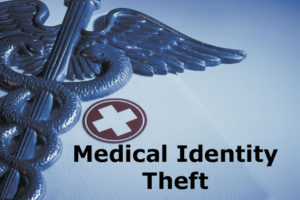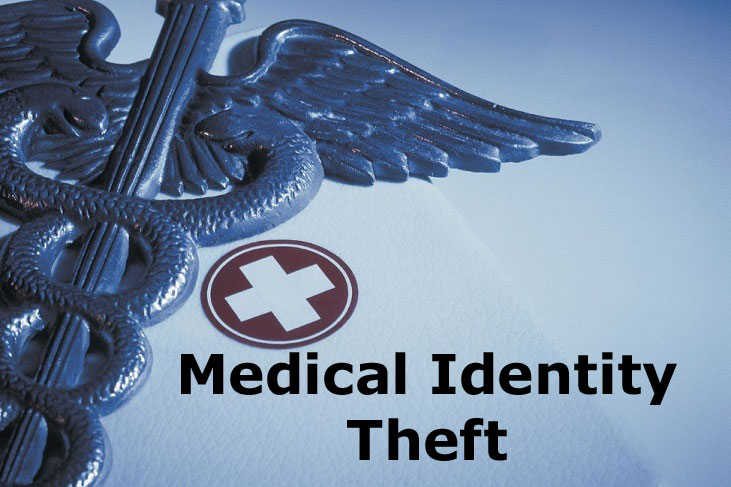Jill Overmyer
A growing crime that can have devastating consequences for patients and hospitals alike is medical identity theft. Privacy research organization the Ponemon Institute estimates that this type of fraud costs U.S. hospitals nearly $6 billion a year.
What is medical identity theft?

In addition to stealing information like names, dates of birth, Social Security numbers and addresses, medical identity thieves steal health insurance policy numbers. Once a thief has your policy number, he or she can do a variety of things, according to the Coalition Against Insurance Fraud, including:
- Sell it on the black market.
- Buy addictive drugs to use themselves or to sell.
- File fraudulent claims. Often, they’ll team up with fake clinics, which file claims for expensive treatments and keep the health insurance payouts.
Medical identity thieves can get information in a variety of ways, including hacking into medical databases, according to the Coalition Against Insurance Fraud. In some cases, health care facility personnel may be involved.
What are the consequences of medical identity theft?
Medical identity theft has obvious consequences for on finances. Someone who steals your personal information leaves you to foot the bill for costly medical procedures, or to go through the time-consuming process of correcting you medical records and clearing your credit. Moreover, if someone has been getting a slew of treatments under your name, that makes you look like a higher risk — and could make it harder for you to get insurance in the future.
Medical identity theft also can place your health in jeopardy. If a hospital or doctor’s office has a bogus file on you, the information in that file contains the thief’s medical information rather than yours. This can lead to life-threatening mistakes if your health care provider does not have accurate information on your blood type or allergies, for instance.
What can I do?
The best way to protect yourself from medical identity theft is to be on the lookout for the warning signs and be proactive about safeguarding your privacy.
- Protect your information. The Federal Trade Commission recommends shredding medical documents and keeping insurance or medical files in locked drawers. If you keep data on your computer, make sure it is password-protected. Never give personal medical information over the phone.
- Read your explanation of benefits statements. Carefully go over the explanation of benefits statement you receive in the mail after a doctor’s visit. If you notice any treatments you did not receive, the Coalition Against Insurance Fraud recommends immediately contacting your health insurance company and health care providers.
- Get frequent financial checkups. The Coalition Against Insurance Fraud recommends checking your credit report every year. At least once a year, ask your insurer for a list of benefits it paid under your health insurance policy.

2 thoughts on “Medical identity theft can rob your money and your health”